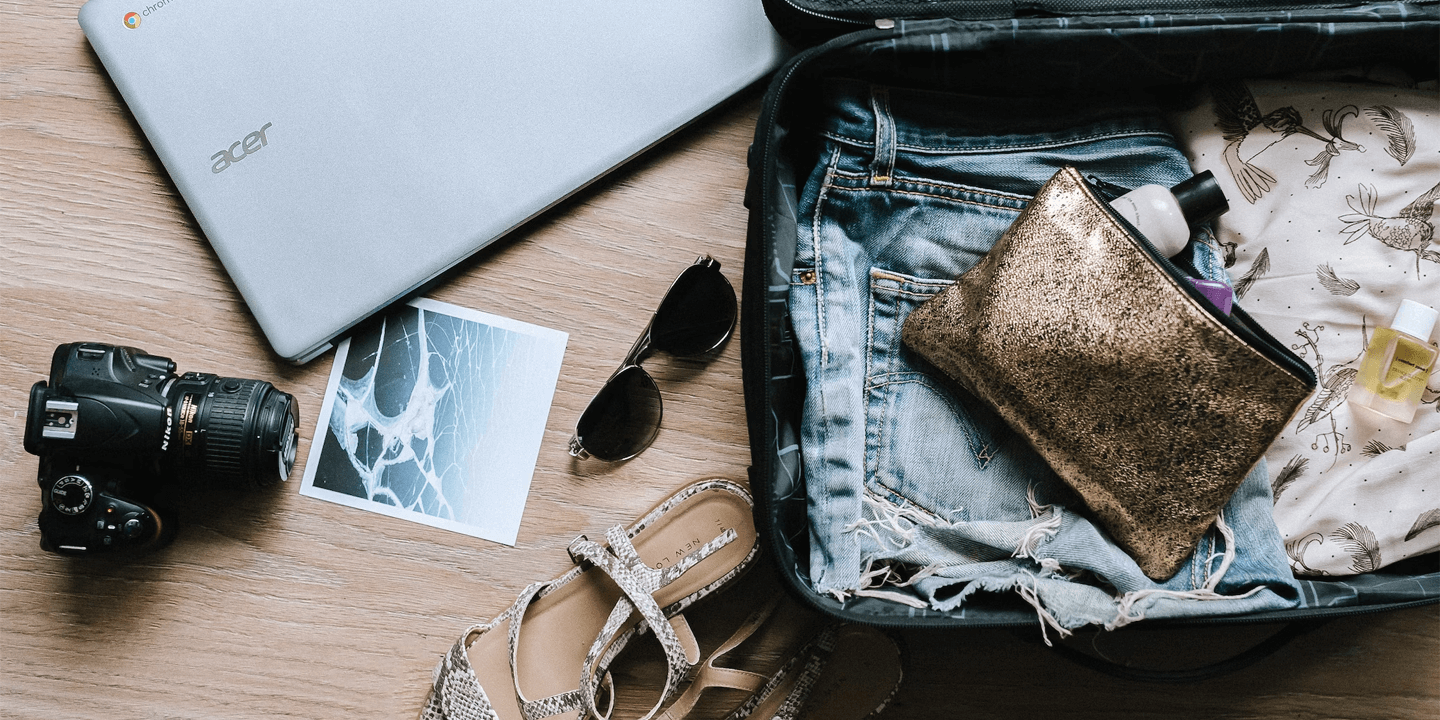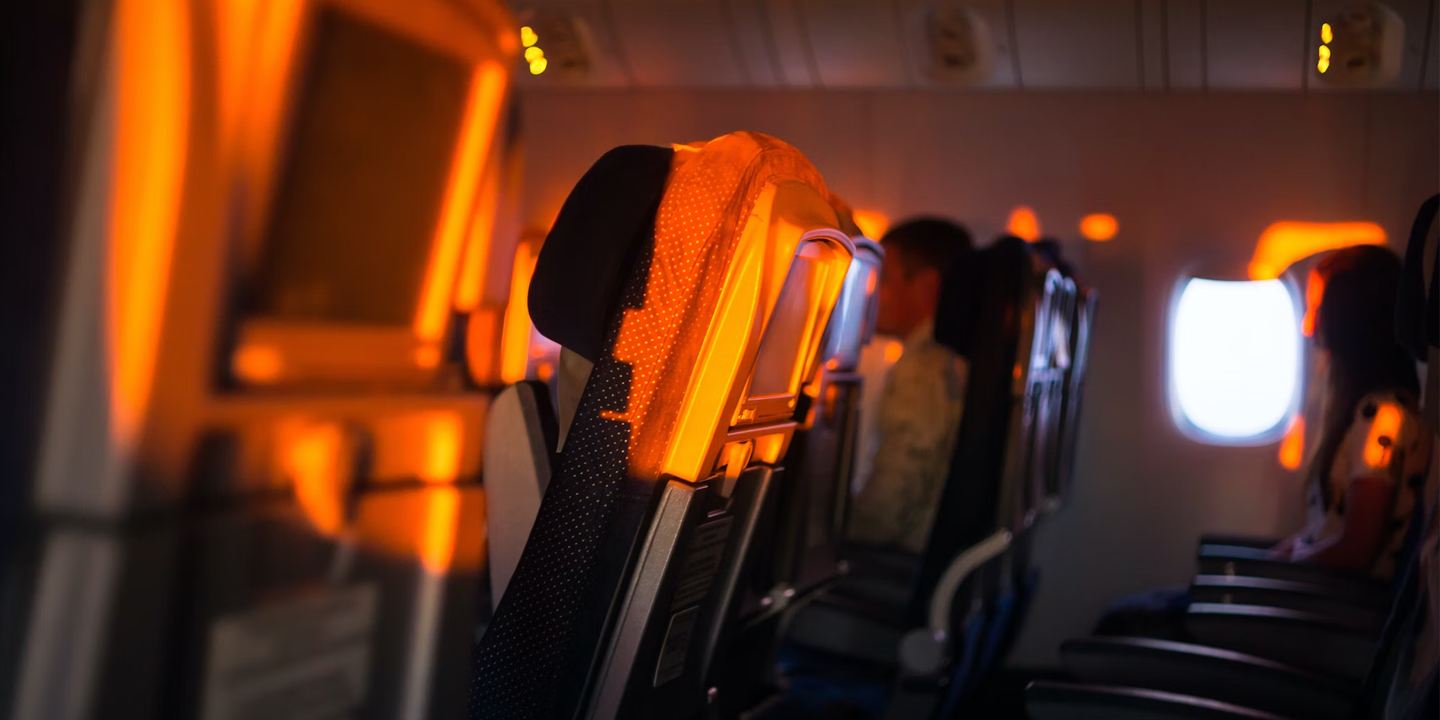Every traveler knows the feeling: stepping off a long flight and feeling as though time itself betrayed you. Your body thinks it’s midnight when the local sun blazes above, or it’s wide awake when the world outside is fast asleep. This internal tug-of-war is called jet lag, and it’s more than just exhaustion.
So, let’s find out what really happens when your internal clock goes off schedule and how you can reset it.
When Your Body Clock Crosses Time Zones
At the heart of jet lag lies the circadian rhythm, a built-in 24-hour cycle that governs when you sleep, wake, and even digest food. This rhythm is controlled by a small cluster of neurons in the brain’s hypothalamus called the suprachiasmatic nucleus, or SCN. The SCN takes its cues from light, particularly sunlight, to tell your body when it’s time to rest or be alert.
When you fly across multiple time zones, your SCN still thinks you’re in the place you left. For instance, if you travel from New York to Paris, your body believes it’s still midnight when it’s actually morning there. The mismatch between external light and internal rhythm creates confusion, irritability, and sometimes digestive discomfort.
How To Outsmart Jet Lag With Science
Interestingly, recovering from jet lag starts before your flight even takes off. Experts recommend slowly adjusting your sleep schedule in the days leading up to your trip. If you’re heading east, go to bed and wake up an hour earlier each day. If flying west, do the opposite. This pre-adjustment gently shifts your circadian rhythm toward your destination’s time zone.
Besides, light is your strongest ally in resetting your clock. Exposure to natural sunlight helps your SCN recalibrate. When traveling east, seek morning light to advance your rhythm; when heading west, get afternoon sunlight to delay it. Avoid bright screens before bedtime in your new location, since blue light suppresses melatonin and confuses your internal timing.
Speaking of melatonin, supplements can help in small, strategic doses. Taking melatonin about an hour before your new bedtime can signal your body that it’s night, easing the transition. However, timing is everything—taking it too early or too late can worsen confusion rather than resolve it.
Once you land, consistency is key. Eat meals according to local times, even if you’re not hungry. Within a few days, your internal rhythm begins to align again.
Resetting Your Rhythm
Jet lag is a reminder of how deeply our bodies are tied to the planet’s rotation, and how quickly modern travel can unbalance that connection. The key lies in respecting your body’s clock instead of forcing it to adapt overnight.
In short, with a little planning, sunlight, hydration, and discipline, you can help your body make peace with new horizons. After all, crossing time zones shouldn’t mean leaving your energy behind—it should mean opening your eyes to a new day, fully awake and ready to explore.









